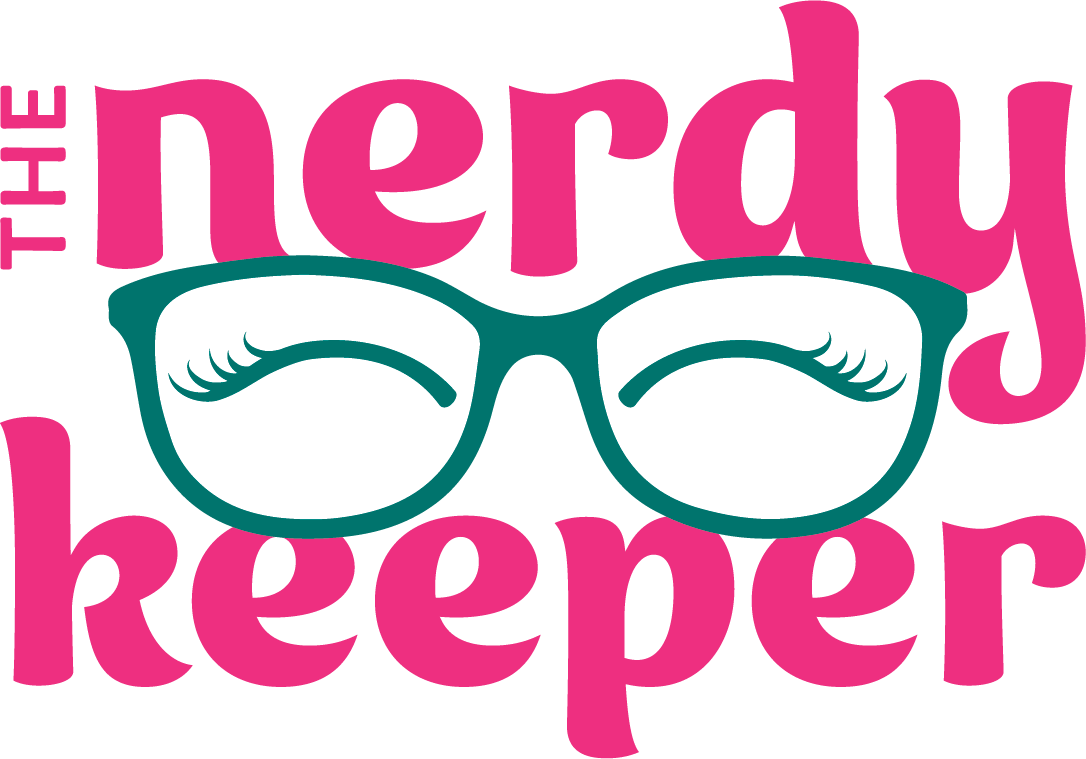In my first college level accounting class we were tasked with doing the accounting for a fictitious ice cream shop, and it was surprisingly difficult. For someone who had just spent the entire semester learning about the ins and outs of debits and credits and the accounting formula I struggled to get it right.
So it's no surprise that small business owners, who may have never had any formal accounting training, struggle to keep up with and understand their bookkeeping. Here are the basics that every small business owner needs to know about accounting.
Revenue
Revenue is the backbone of every successful business, but what is it? Revenue is any money generated from sales. Every time you sell your item or service you have generated revenue. How you track revenue will depend on your type of business.
If you’re a service provider you probably want to track your revenue both by customer and service type, this will help you to keep track of which customers and which services are making you money.
If you sell smaller, less expensive products then you probably just want to track your sales by product, this will help you determine which products are most profitable.
If you sell larger, more expensive products, or a high volume of products to a each customer then you may want to track your revenue by customer and product, so you’ll know where you are making the most money.
Expenses
Expenses are the costs of creating your products and services and the costs of running your business. Let’s look at an example.
As a bookkeeper I have several costs in running my business. New software subscriptions and payment processing fees are both expenses directly related to providing my services. The more clients I have the more these things cost me. Expenses that correlate directly with sales are called cost of goods sold.
Items such as internet service, website hosting, and advertising are considered overhead costs. These expenses are a cost of doing business and would exist whether I have 2 clients or 20.
You will want to track your expenses by category, common categories are advertising, bookkeeping, insurance, travel, utilities, supplies, etc.
Net Profit
Net profit is where you determine if your business is doing well. Net profit is calculated by taking all your revenue and subtracting all your expenses. It’s fantastic if I can make $1M in revenue, but if it’s costing me $999k to get there then I’m not really making any money.
Net profit is definitely an area to focus on when reviewing your numbers, if it’s not where you want it to be go back and try to determine if your issue is too little revenue, or too many expenses.
Assets
Assets are essentially what you own, things of value.. For most business owners this is cash, accounts receivable, inventory, and equipment. Cash is your most important asset, you need it to meet your obligations and to keep your business moving.
Make a point to keep an eye on your cash, and do what you can to keep a healthy cash balance. It’s easier to ride the storms of business if you have cash to keep you afloat.
Liabilities
Liabilities are what you owe to others. This includes accounts payable and loans. Ideally your liabilities should be small, as this is an area of risk. A healthy cash balance and few liabilities will put your business in a great position to weather any business storm.
Owners Equity
Owners equity is probably the most complicated piece of the accounting formula. The simplest definition is that it’s what you own (assets) minus what you owe (liabilities).
Essentially the net of these two is what you would actually walk away with if you sold off all your assets and used that to pay your liabilities.
Owners equity is usually made up of owners capital contributions (the money and assets you, as the owner, put into the business from your own pocket) and retained earnings (essentially your net profit at the end of the year becomes retained earnings, and you start the calc all over again with zero revenue and zero expenses).
It may seem like these two definitions of owners equity don’t agree, but they do. Think about it this way, owners equity is basically net assets (assets - liabilities). How do we get assets? We either give them to the company ourselves (capital contributions) or we earn them through net profits (sales - expenses, or retained earnings), or we borrow (but that just increases both assets and liabilities so it doesn’t affect owners equity).
Where Do I Start?
This is probably a bit overwhelming, and I felt that way during our ice cream shop assignment too, but you can do it! While all parts of the equation are important the biggest things to focus on are revenue, expenses, net profit and cash. Keeping an eye on these items will help you to grow, manage your business, and file your taxes.
Still feeling super lost? That’s okay, not everyone is wired to love dealing with numbers. If you are struggling, or just don’t want to deal with it, consider hiring an experienced bookkeeper. A good bookkeeper will not only get your books in order but they can explain to you exactly what’s going on in your business. Plus they save you tons of time and frustration!
Click the button below to fill out a no-obligation application.Tell me about your awesome business and brag on all your financial accomplishments and let's see if I can help. Apply today!
